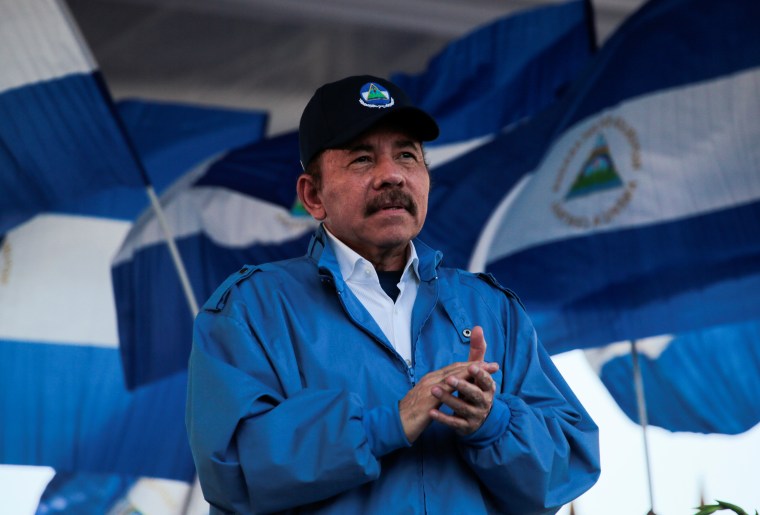Managua, Nicaragua September 24, 2020 – The Committee to Protect Journalists today called on the Nicaraguan congress to reject a proposed law that would force media outlets and journalists to register as “foreign agents” if they receive funding or payments from abroad.
The law, proposed on September 22, would require individuals and organizations that receive money from foreign sources, including government agencies and international non-profit organizations, to register as “foreign agents” with the Ministry of Interior, according to a report by Nicaraguan newspaper La Prensa. The legislation was jointly proposed by 70 members of congress from President Daniel Ortega’s party, the Sandinista National Liberation Front (Frente Sandinista de Liberación Nacional, or FSLN), news reports said.
“Labeling journalists and outlets as foreign agents is part of the Nicaraguan government’s systematic attempt to restrict and control the work of independent media,” said CPJ Central and South America Program Coordinator Natalie Southwick, in New York. “We call on Nicaragua’s congress to reject this outrageous law and allow the press to work freely without facing intimidation or surveillance.”
According to the reports, and a copy of the proposed legislation shared on Twitter and with CPJ by local journalists, the rules would apply to a broad range of organizations and individuals, including “information service workers.”
On Facebook, the Nicaraguan branch of the international writers association PEN said the requirement could affect journalists receiving funding from international foundations or other sources, employees of wire services, freelance journalists receiving payments from overseas outlets, and international correspondents based in Nicaragua, among others.
According to CPJ’s review of the proposed legislation, people or organizations that fail to register within a 60-day period could face fines or the confiscation of property, though the document does not specify when the 60 days begin or what kind of property could be taken. Those who do register must submit monthly reports on their income to the Ministry of Interior, as well as records of expenses and activities related to their professional work. The proposed law also stipulates that “foreign agents” must “refrain, under penalty of legal sanctions, from intervening in questions, activities or matters of internal politics.”
The Nicaraguan congress, where the FSLN holds the majority, is expected to vote on the proposed law within a few days, according to a report by Nicaraguan news website Despacho 505. According to Nicaragua’s legal procedure as published in the government’s official gazette, if congress passes the legislation, Nicaragua’s president may choose to sign it into law.
Gustavo Porras, president of Nicaragua’s congress and a member of the FSLN, and Edwin Castro, who leads the FSLN congressional caucus, did not immediately respond to CPJ’s emailed requests for comment.
CPJ has documented the Nicaraguan government’s crackdown on independent media over the past two years, including newsroom raids, imprisonment of journalists and legal harassment.
